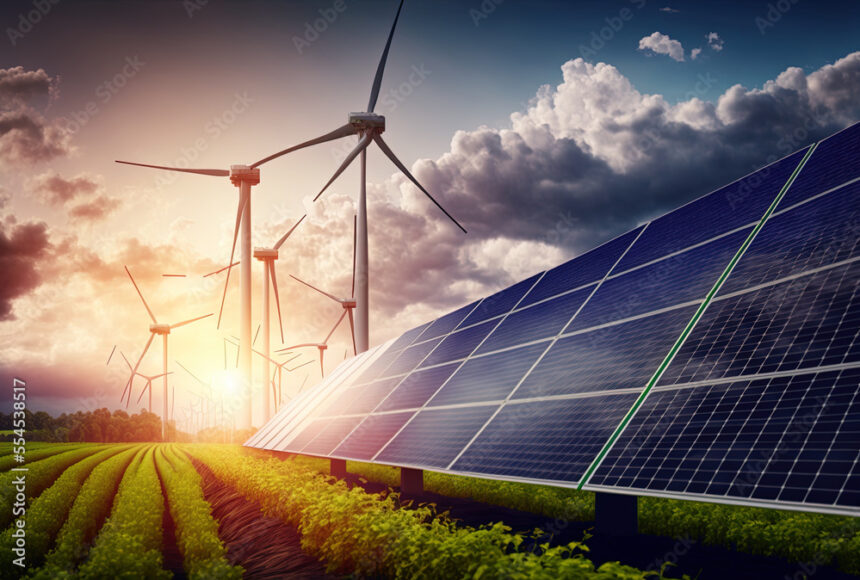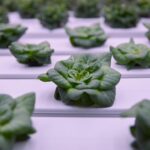Renewable energy has immense potential to transform the agricultural sector in South Africa by providing sustainable and clean power sources. Here are some key areas where renewable energy can be leveraged in South African agriculture:
- Solar Power: South Africa receives abundant sunlight throughout the year, making solar power a highly viable renewable energy source. Solar panels can be installed on farms and agricultural buildings to generate electricity for various applications, such as irrigation systems, lighting, and powering machinery. Additionally, solar water heaters can be utilized to provide hot water for agricultural processes, reducing the reliance on conventional energy sources.
- Wind Power: Certain regions of South Africa, such as the Western Cape and Eastern Cape, have favorable wind conditions. Establishing wind farms in these areas can generate electricity to meet the energy needs of agricultural operations. Wind power can be used to power farm equipment, cool storage facilities, and run processing machinery.
- Biogas: The agricultural sector produces a significant amount of organic waste, such as crop residues, animal manure, and food processing byproducts. These wastes can be utilized to produce biogas through anaerobic digestion. Biogas can be used as a source of renewable energy for heating, electricity generation, and even as a vehicle fuel. Additionally, the byproduct of anaerobic digestion, called digestate, can serve as a nutrient-rich fertilizer for crops.
- Biomass: South Africa has substantial biomass resources, including agricultural residues and dedicated energy crops like sugarcane and switchgrass. Biomass can be converted into biofuels, such as bioethanol and biodiesel, which can replace or supplement traditional fossil fuels in farm machinery and vehicles. Moreover, biomass can be burned directly to produce heat and electricity, providing a reliable and renewable energy source for agricultural operations.
- Micro-hydro Power: In some areas with rivers or streams, micro-hydro power systems can be installed to generate electricity. These systems harness the flow of water to produce renewable energy that can be used on farms for irrigation, processing, and other energy-intensive activities.
- Energy Efficiency: Alongside the adoption of renewable energy sources, improving energy efficiency in agricultural practices is crucial. Implementing energy-efficient technologies and practices, such as energy-efficient irrigation systems, precision agriculture techniques, and optimized machinery use, can help reduce overall energy consumption and make the most of renewable energy resources.
- Grid Integration and Energy Storage: To ensure a reliable and uninterrupted power supply, it is essential to integrate renewable energy systems with the existing electricity grid. This enables surplus energy generated by renewable sources to be fed back into the grid, providing an opportunity for farmers to earn income through feed-in tariffs or net metering schemes. Energy storage technologies, such as batteries, can also be employed to store excess energy for use during low-generation periods or when grid power is unavailable.
To fully explore the potential of renewable energy in South African agriculture, it is crucial to promote awareness, provide financial incentives, and facilitate the development of supportive policies and regulations. Collaboration between the government, agricultural organizations, and renewable energy companies is key to driving the adoption of renewable energy technologies and realizing the benefits they offer to the agricultural sector.









